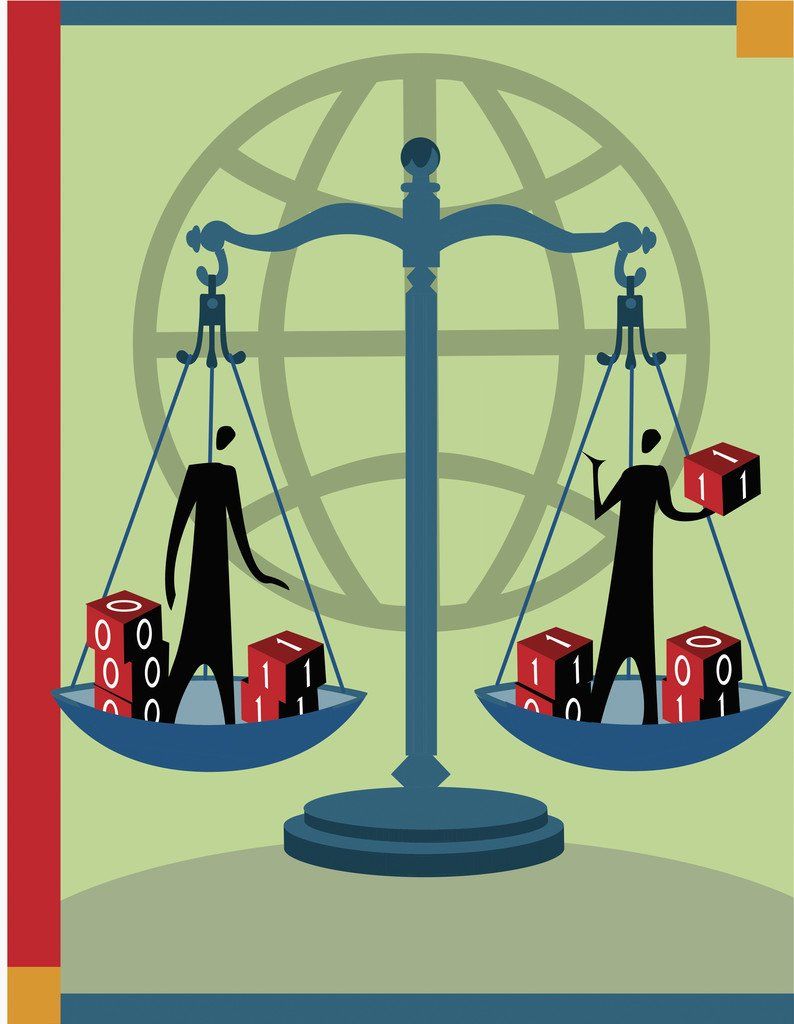Practical Tools for Building Equitable Workforce Systems
Explore our growing library of journey maps, toolkits, and data insights.ss.
"New Resource Spotlight"
Inside-to-Outside Continuum Toolkit Sampler
A systems-level model linking correctional training to employment.
“Working with this Impact Equitable Justice changed how we hire. We've filled positions faster, increased retention, and gained employees who are truly committed. It’s not just good for people—it’s good for business.”— HR Director, Regional Logistics Company.
Popular with Employers Just Beginning Their Fair-Chance Journey
Employer Journey Map to Fair-Chance Hiring
This tool empowers employers to build inclusive hiring strategies that unlock untapped talent and drive long‑term success.
Most Downloaded Fair-Chance Hiring Resource
Workforce Systems Change Guidebook
A systems-level guide to improving employment outcomes for justice-impacted individuals.
Featured Toolkit of the Month
Fair-Chance Hiring Playbook
A next-generation toolkit that goes beyond compliance and into systems-level transformation.
Complete the form to download the free guide:
Want more resources like these?
Sign up and get notified when new tools are added.
Blogging with IMPACT
At Impact Equitable Justice, we believe that transformation begins where systems meet people. This blog is a space for those working at the frontlines of reentry, workforce development, policy reform, and justice innovation. Here, we share stories of resilience, insights from practitioners, and bold ideas that challenge the status quo. Whether you're shaping legislation, hiring with purpose, or advocating for equity, Blogging with IMPACT is your companion in building a future where opportunity is not a privilege—but a promise.

Community Impact
The IEJI Community Outreach and Engagement Team conducts a number of outreach activities. Please fill in the contact form to request more information about our community events. Please click here if you are interested in having an IEJI outreach team member participate your event including board or staff meetings, community job fairs, conferences, college career days, or reentry resource fair.
Got Questions? Reach Out and We'll Be In Touch Shortly!
You can expect to have your questions answered within 48 hours.








